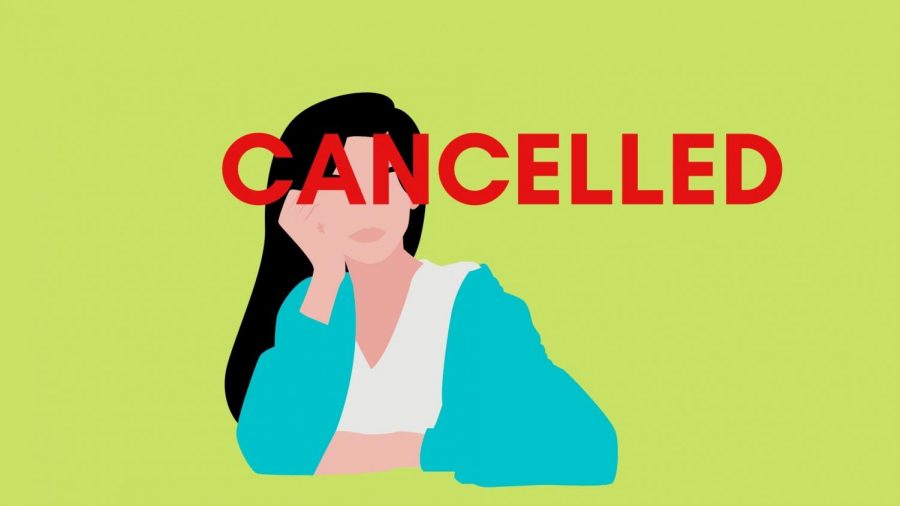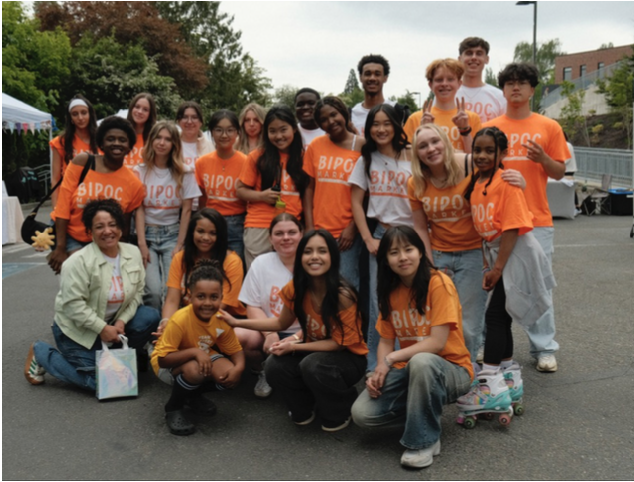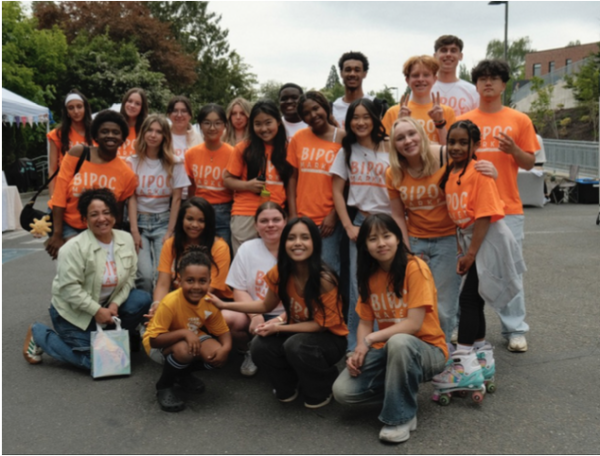Cancelling cancel culture
March 3, 2020
In the 21st century, as social media connects like-minded groups of people, the concept of “cancel culture” has emerged. “Cancelling” refers to when a public figure is found to be or to have been, at one point, problematic in some way (racist, sexist, homophobic, etc.) and, as a result, is boycotted. They often lose followers, brand affiliations, and respect from the people whom were once their audience.
While this spurning of public figures could be a useful way to redefine cultural values and set a new behavioral precedent, we must ask ourselves: is it really the most productive way to effect change?
Although it’s important for people to utilize the resources that connect us as a tool to expose discrimination, “cancelling” someone often leaves little room for a real conversation. If we give up on people who are willing to truly be and do better, they lose their hope and motivation for self-improvement.
In some cases, people should be given an opportunity to genuinely learn from their mistakes. But it’s not enough to apologize. People need to prove they’ve put the effort in to educate themselves about why what they’ve done is wrong. They need to understand the impact of what they’ve done.
Public figures have access to so much influence and resources. Although they shouldn’t buy their way out of issues, they should find ways to help the communities they have wronged. They must earn the public’s trust again and find a way to make amends.
There are some actions, however, that are beyond absolution. People like Harvey Weinstein who have committed terrible abuses, for example, should not be given the satisfaction of an easy resolution. Even if such people never make it into the prison systems, for a variety of complicated reasons, they should be held accountable for their actions and their punishment must fit the crime.
Rather than viewing people in terms of black and white, we must define the barrier between what actions can be redeemed and which ones are beyond forgiveness.
Yet when we talk about historical figures who are no longer with us to make amends, the issue gets more complicated. How can you celebrate the work of someone when you know the awful things they’ve done? How do you separate them? The answer: you can’t.
If we refuse to learn about all of the problematic people who have impacted history, we lose the whole picture. Instead, we should also educate ourselves about the bad things they did. In addition, we should learn about the communities they oppressed. That is the only way we will truly understand the past.










